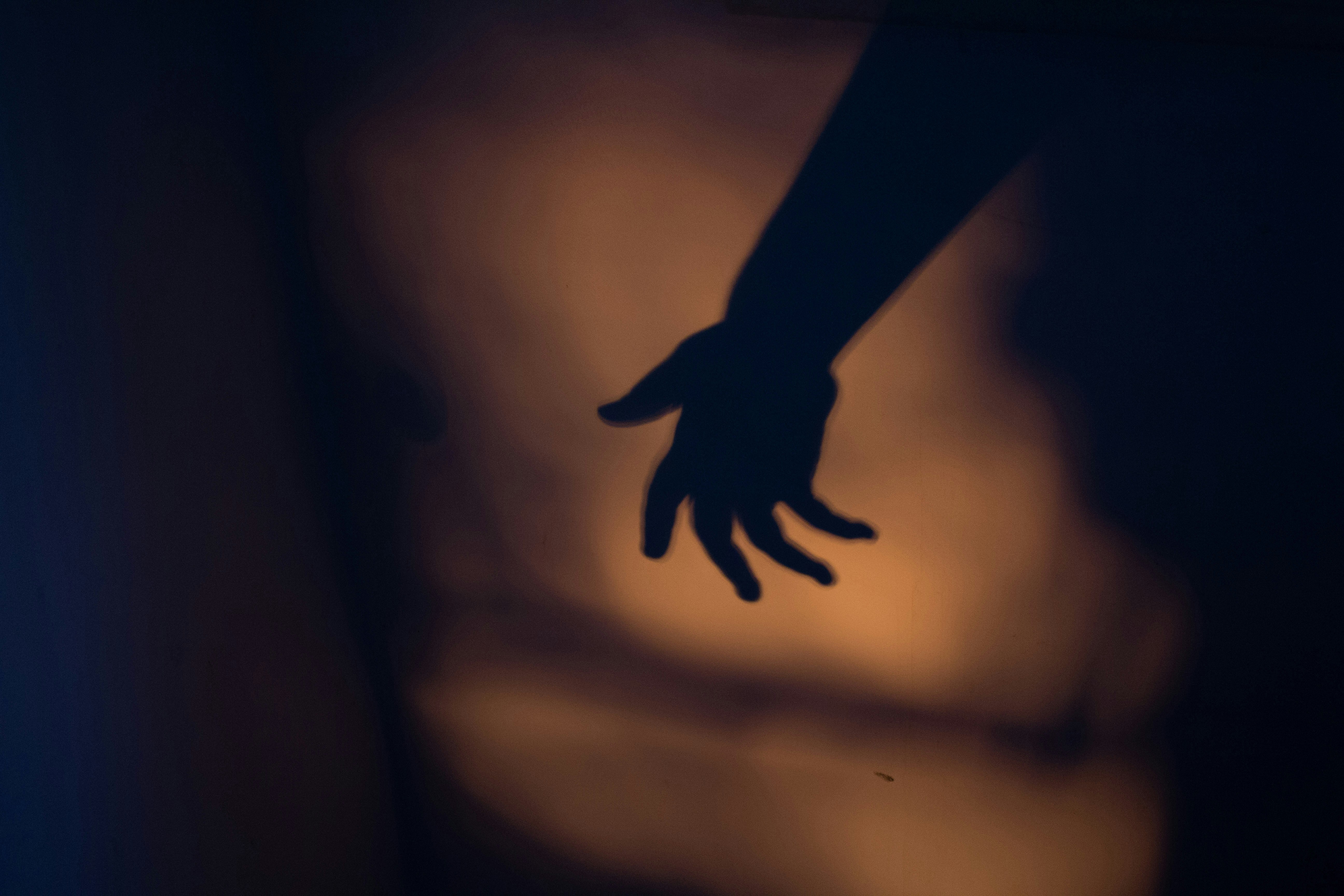The Psychology of Fear: Why Do We Enjoy Horror Movies?
Fear is a fundamental human emotion, deeply ingrained in our evolutionary survival mechanisms. Yet, paradoxically, many people actively seek out experiences that evoke fear, such as watching horror movies. Why do we enjoy being scared, and what does this say about the psychology of fear? This article delves into the psychological and biological underpinnings of fear, exploring why horror movies captivate us and how this genre impacts our mental health and emotional resilience.
The Evolutionary Purpose of Fear
Fear is an adaptive response designed to protect us from danger. When faced with a threat, our body activates the “fight or flight” response, releasing adrenaline and preparing us to either confront or escape the danger. This primal reaction has been essential for human survival, enabling our ancestors to avoid predators and other life-threatening situations.
However, fear is not always tied to actual danger. Our brains can be stimulated by perceived threats, such as those portrayed in horror films, triggering the same physiological responses without real-world consequences. This safe environment allows us to explore fear in a controlled way.
Learn how to manage anxiety during stressful times
The Psychological Appeal of Horror Movies
-
Thrill-Seeking and Adrenaline Rush Horror movies provide a safe platform for experiencing the adrenaline rush associated with fear. The heightened emotional state can be exhilarating, offering a break from the monotony of daily life. For thrill-seekers, this rush is similar to the excitement of riding a roller coaster or engaging in extreme sports.
-
Exploration of the Unknown Horror movies often delve into themes of the unknown, such as supernatural entities, dystopian worlds, or hidden human desires. This exploration satisfies our curiosity while challenging our perception of reality, encouraging introspection and emotional engagement.
-
Sense of Mastery Successfully enduring a horror film can create a sense of accomplishment. When viewers face their fears and “survive” the movie, they may experience a boost in confidence, demonstrating that they can confront challenging emotions without succumbing to them.
Cultural and Social Influences
The appeal of horror movies is also influenced by cultural and social factors. In some cultures, fear-inducing rituals and narratives are integral to community bonding and tradition. Watching horror movies in a group setting can enhance the shared experience, fostering social connections and collective emotional responses.
The Role of Catharsis
Horror movies can serve as a form of catharsis, allowing viewers to release pent-up emotions in a controlled environment. Experiencing fear, suspense, and relief in quick succession can help regulate emotions and provide a sense of emotional release.
Discover how to handle emotional triggers
The Science Behind the Scares
Neurological Responses
When watching a horror movie, the amygdala—our brain’s fear center—becomes highly active. This triggers the release of stress hormones like cortisol and adrenaline, creating physical sensations such as a racing heart and rapid breathing. However, the brain also engages the prefrontal cortex, which helps distinguish real threats from fictional ones, enabling us to enjoy the fear without succumbing to panic.
Dopamine and Reward Systems
Horror movies can also activate the brain’s reward system. The release of dopamine during suspenseful or terrifying scenes can make the experience pleasurable, especially when the tension resolves. This interplay between fear and reward helps explain why some people are drawn to horror despite its unsettling nature.
Understand the psychology of resilience
Horror Movies and Mental Health
While horror movies can be enjoyable, their impact on mental health varies from person to person. For some, they provide a way to confront fears in a safe environment, enhancing emotional resilience. For others, particularly those with anxiety disorders, horror movies can exacerbate stress and fear responses.
Benefits
-
Stress Relief: Paradoxically, horror movies can serve as a stress relief tool. The intense focus required to follow the plot can distract from real-world worries, providing a temporary escape.
-
Emotional Resilience: Repeated exposure to fear-inducing stimuli in a controlled setting can desensitize viewers, making them less reactive to fear in real life.
Potential Drawbacks
-
Nightmares and Sleep Disturbances: For sensitive individuals, horror movies can lead to nightmares or difficulty sleeping.
-
Triggering Anxiety: Those prone to anxiety may find horror movies overwhelming, amplifying feelings of distress rather than alleviating them.
Explore techniques to reduce stress naturally
Why Some People Avoid Horror Movies
While many people enjoy horror movies, others actively avoid them. Factors influencing this aversion include:
-
Low Tolerance for Fear: Some individuals have a heightened sensitivity to fear and prefer to avoid it altogether.
-
Negative Associations: Past traumatic experiences can make fear-inducing stimuli uncomfortable or distressing.
-
Preference for Other Genres: Not everyone finds pleasure in fear; some may prefer genres that evoke happiness, inspiration, or intellectual stimulation.
How to Enjoy Horror Movies Safely
If you’re curious about horror but hesitant to dive in, here are some tips for enjoying the genre without overwhelming yourself:
-
Start Light: Begin with less intense horror films or thrillers to acclimate yourself to the genre.
-
Watch with Friends: Sharing the experience with others can make it feel less intimidating.
-
Know Your Limits: Pay attention to your emotional responses and take breaks if needed.
-
Create a Safe Environment: Watching horror movies in a familiar, comfortable setting can reduce anxiety.
Learn how to improve mental health
Conclusion
The psychology of fear is complex, intertwining evolutionary, emotional, and cultural factors. Horror movies offer a unique way to engage with this powerful emotion, allowing us to explore our fears, build resilience, and even enjoy the thrill of being scared. By understanding the mechanisms behind our attraction to horror, we can better appreciate its role in entertainment and personal growth.

